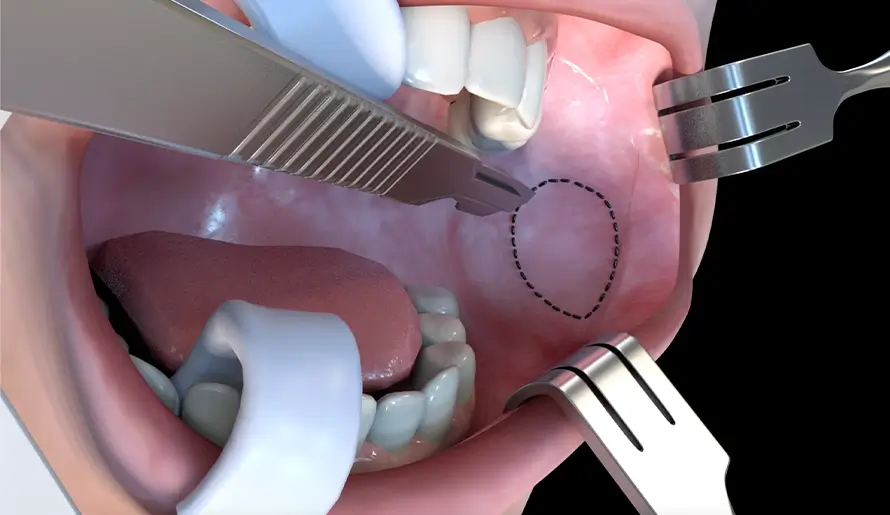
Alongside my work in patient education, I developed surgical simulators designed to train surgeons in novel and complex surgical approaches. These tools provided a way for innovators in the field to rapidly and effectively share new techniques with peers, overcoming the limitations of traditional training pathways.
The simulators were built to:
By enabling direct, experiential learning, these simulators made it possible for surgeons to master techniques more quickly and with fewer errors than would be possible through observation or text-based instruction alone. They became a valuable bridge between the development of new surgical methods and their successful implementation in clinical practice—helping to scale innovations that improve patient outcomes.
This project demonstrated how simulation-based training can transform surgical education, ensuring that advancements in technique are not confined to a few experts but rapidly disseminated across the medical community.